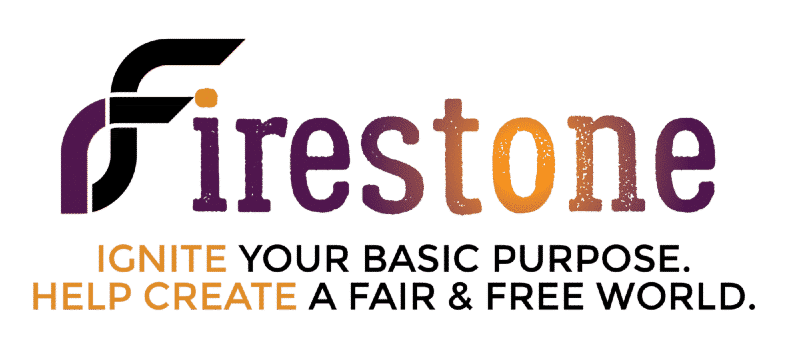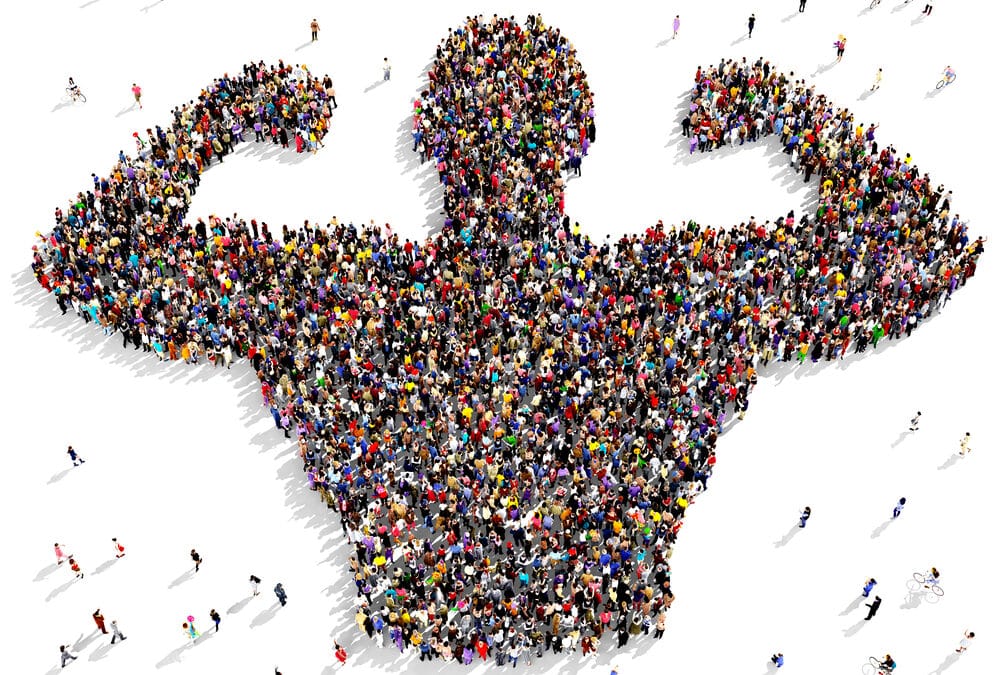Share this Post
When the United Nations’ General Assembly first adopted the Universal Declaration of Human Rights (UDHR) in 1948, they called upon all member countries “to cause it to be disseminated, displayed, read and expounded¹ principally in schools and other educational institutions without distinction based on the political status of countries or territories.” Yet one of the questions I hear most frequently in my human rights workshops is: “Why didn’t we ever learn this before?”
In my opinion, the Universal Declaration of Human Rights is as important and relevant today as it was in 1948. If you take the time to educate yourself on all 30 articles of the UDHR, you will see why. These 30 rights belong to everyone, everywhere. Click here for a free online course: https://www.humanrights.com/course/
Once you are educated on your 30 human rights, the next step is to get into action. First, identify the human rights you are most passionate about. Next, come up with a plan on how to promote or protect those rights for yourself and others. You can most likely find a non-profit organization in your region that is already getting good results in the human right you are most interested in so you can start by teaming up with them.
A side benefit I’ve found, is if you are working on something you are passionate about, not only will it bring the human right to life but it brings you more to life as well.
Article 26, Right to Education, in Part 2 specifically states: “Education shall be directed to the full development of the human personality and the strengthening of respect for human rights and fundamental freedoms.” This is something that can and should be done in the education systems in our countries. However, if they don’t, citizens of Earth—you and me–have the responsibility and power to make sure all people are educated on their human rights.
Article 29, Responsibility, in Part 1 says: “Everyone has duties to the community in which alone the free and full development of his personality is possible.” There are nearly 8 billion people on this planet at this time. EVERYONE has the right to know and have their 30 human rights. There is still much more good work to do in this area.
Governments (public sector) and Businesses (private sector) have their role to play in all of this. However, the 3rd sector, Civil Society, also has a BIG role to play. In my opinion, the 3rd sector holds tremendous, untapped, latent² power.
In a democracy, UDHR Article #21, “the will of the people shall be the basis of the authority of government”. Businesses also work for the people because without consumers, there is no business. It is up to US to use our power responsibly and to use our imaginations creatively to truly bring these human rights to life for everyone.
I can attest, it is work that is fun and rewarding and want you to know that you can make a difference. I am an ordinary citizen who thought something needed to be done and just started taking steps with the help of the United for Human Rights educational materials. It wasn’t long before I was invited to speak at both the Constitution Center in Philadelphia and the United Nations in New York.
Who knows where the journey may lead you? Take your first step and find out!
References:
¹Expounded – to explain by setting forth in careful and often elaborate detail https://www.merriam-webster.com/dictionary/expounded
²Latent – present and capable of emerging or developing but not now visible, obvious or active https://www.merriam-webster.com/dictionary/latent

